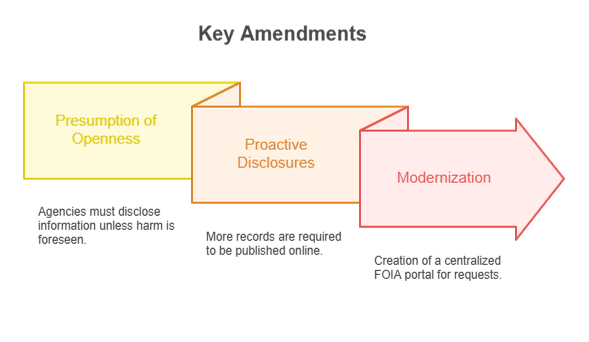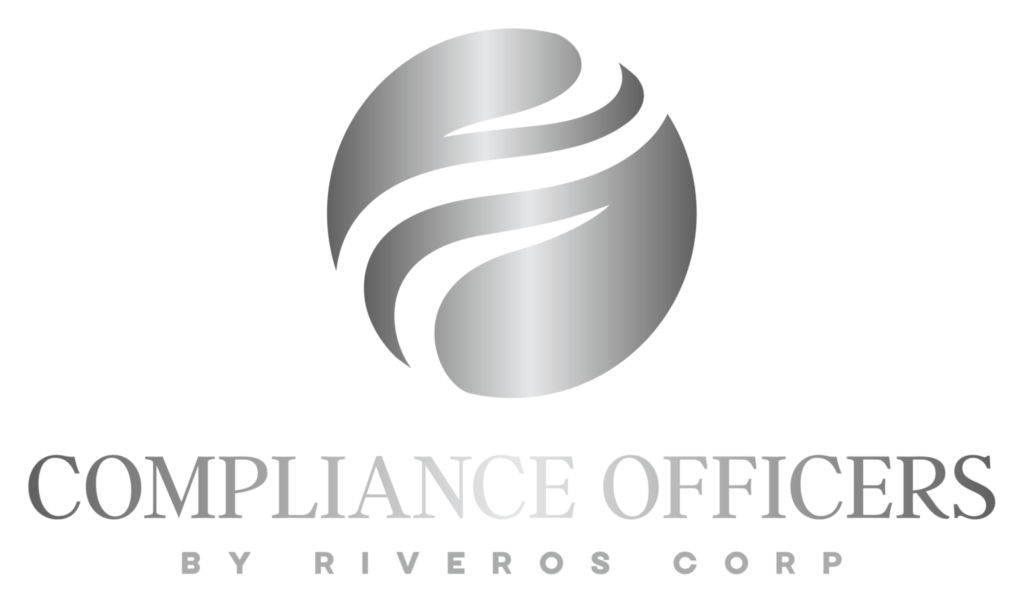The Freedom of Information Act (FOIA) is one of the most powerful legal tools promoting transparency in the United States government. Enacted in 1966 and amended several times since, FOIA allows individuals, organizations, and businesses to request access to federal agency records. Understanding how the FOIA Process works, what records are accessible, and why expert support is crucial is essential for anyone seeking public information. In this guide, we’ll walk through the essentials of FOIA, including exemptions, recent reforms, statistics, and the role of experts like Compliance Officers in facilitating successful FOIA requests.
If you’re new to the concept of FOIA or want a clearer understanding of its foundations, we recommend starting with our guide on what FOIA means and what it’s used for, which explains the core principles behind this powerful law.
What Is the FOIA Process?
The FOIA Process (Freedom of Information Act) was created to ensure government accountability by giving the public the right to access information held by federal agencies. It applies to all executive branch departments, agencies, and offices, but excludes Congress, the federal courts, and state governments.
Key Objectives:
Promote government transparency
Hold public institutions accountable
Empower citizens with access to federal information
Historical Context:
Passed in 1966, the FOIA was a response to growing demands for openness in government. Over the decades, it has become a cornerstone of democratic engagement, allowing watchdog organizations, investigative journalists, researchers, and ordinary citizens to uncover important truths about federal operations. It was later strengthened by amendments, notably the FOIA Improvement Act of 2016, which reinforced the default principle of disclosure and imposed stricter deadlines for agencies.
Understanding the FOIA Request Process
The FOIA process involves identifying the appropriate federal agency, submitting a written request for records, and receiving a formal agency response. While the steps may appear straightforward, the reality is that each agency has its own policies, requirements, and technical nuances. For many individuals and businesses, navigating these complexities without specialized guidance can lead to delays, denials, or incomplete disclosures.
Rather than attempting to manage the process independently, working with professionals ensures that your request is correctly structured and directed, maximizing the likelihood of a successful and timely outcome.
FOIA Exemptions and Limitations
While FOIA promotes access, it is not absolute. There are nine key exemptions that agencies can use to withhold information:
Common Exemptions:
National Security – Classified information.
Internal Personnel Rules – Administrative procedures.
Statutory Exemptions – Protected by other laws.
Trade Secrets – Confidential business information.
Inter-agency Memoranda – Deliberative processes.
Personal Privacy – Medical and personal data.
Law Enforcement Records – Sensitive investigations.
Financial Institutions – Bank regulation information.
Oil and Gas Well Data – Geological and geophysical data.
Understanding these exemptions is essential to preparing effective FOIA strategies and crafting appeal responses when information is unjustifiably withheld. Expert assistance is often necessary to interpret exemption justifications and challenge them appropriately.
FOIA Reform and the 2016 Improvement Act
The FOIA Improvement Act of 2016 introduced critical changes that further reinforced transparency:

These reforms were part of a broader trend toward digital government and open data, pushing agencies to adopt technologies that facilitate public access. FOIA.gov now allows consolidated tracking of requests, significantly improving user experience and transparency.
FOIA in Numbers: Key Statistics and Trends
The latest data from Fiscal Year 2024 shows that FOIA demand has reached an all-time high, with over 1.5 million requests received—representing a 25% increase compared to FY 2023. Federal agencies processed 1,499,265 requests, a 34% increase year-over-year, setting a new record for processing volume.
While the backlog remains a persistent challenge, there are signs of progress. In FY 2023, the government-wide backlog decreased by nearly 3%, reflecting efforts to reduce pending cases. Additionally, more than two-thirds of federal agencies closed FY 2023 with no pending appeals, indicating improved administrative efficiency.
Nevertheless, the historic surge in request volume during FY 2024 places renewed pressure on agencies. Despite the record-breaking number of processed cases, there is concern that the backlog may rise again unless current capabilities are expanded.
The Department of Justice’s 2024 Chief FOIA Officer Report highlights several initiatives to tackle this issue, including process optimization and cross-agency collaboration. These efforts have led to significant improvements when compared to FY 2022, even though the growing demand continues to test federal response capacity.
How Compliance Officers Support FOIA Requests
Navigating FOIA can be complex, especially for businesses or legal investigations. That’s where Compliance Officers, a U.S.-based compliance consulting firm, can make a difference.
Services Offered:
Drafting and Filing FOIA Requests – Ensuring clarity, accuracy, and legal validity.
Reviewing FOIA Responses – Analyzing agency replies and identifying redacted or withheld information.
Fingerprinting and FD-258 Card Printing – Providing identity verification services and official fingerprint cards required for certain FOIA-related and federal background check processes.
Additionally, Compliance Officers provides consultations on the documentation needed to support requests, especially in cases involving criminal history, immigration files, or sensitive regulatory inquiries. Our team ensures that every submission meets the legal standards required by each agency, avoiding common pitfalls and unnecessary rejections.
Case Studies and Real-World Applications
FOIA has been used successfully in numerous scenarios:
Journalists exposing governmental mismanagement, such as internal reports on public health crises or military conduct.
Nonprofits tracking public spending on environmental policies, lobbying disclosures, or education funding.
Corporations vetting potential partners through regulatory compliance records, environmental violations, or litigation history.
Compliance Officers has supported clients across these use cases by ensuring their requests are processed efficiently and effectively. In one case, a client pursuing a business partnership leveraged a FOIA request to uncover prior sanctions against a potential vendor—information that ultimately influenced a critical decision.
Conclusion
The FOIA Process remains a foundational element of democratic accountability in the United States. However, obtaining the right information from federal agencies requires more than just submitting a form—it demands legal precision, administrative expertise, and persistent follow-up.
With expert guidance from Compliance Officers, the FOIA process becomes not only manageable but strategically valuable. Whether you are an individual seeking immigration records, a journalist investigating public policy, or a business conducting due diligence, our team is here to support you every step of the way.
Contact Compliance Officers today and ensure your FOIA request is handled with accuracy, speed, and professionalism.
Legal Disclaimer: This article is provided for informational purposes only and does not constitute legal advice. The content herein is not intended to substitute professional legal consultation. For specific guidance regarding your individual circumstances, please consult directly with a qualified attorney licensed to practice in your jurisdiction.









